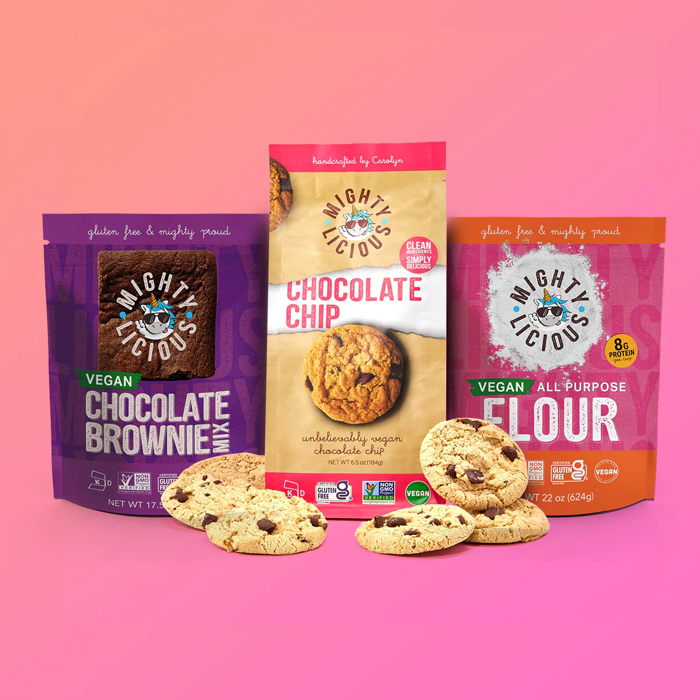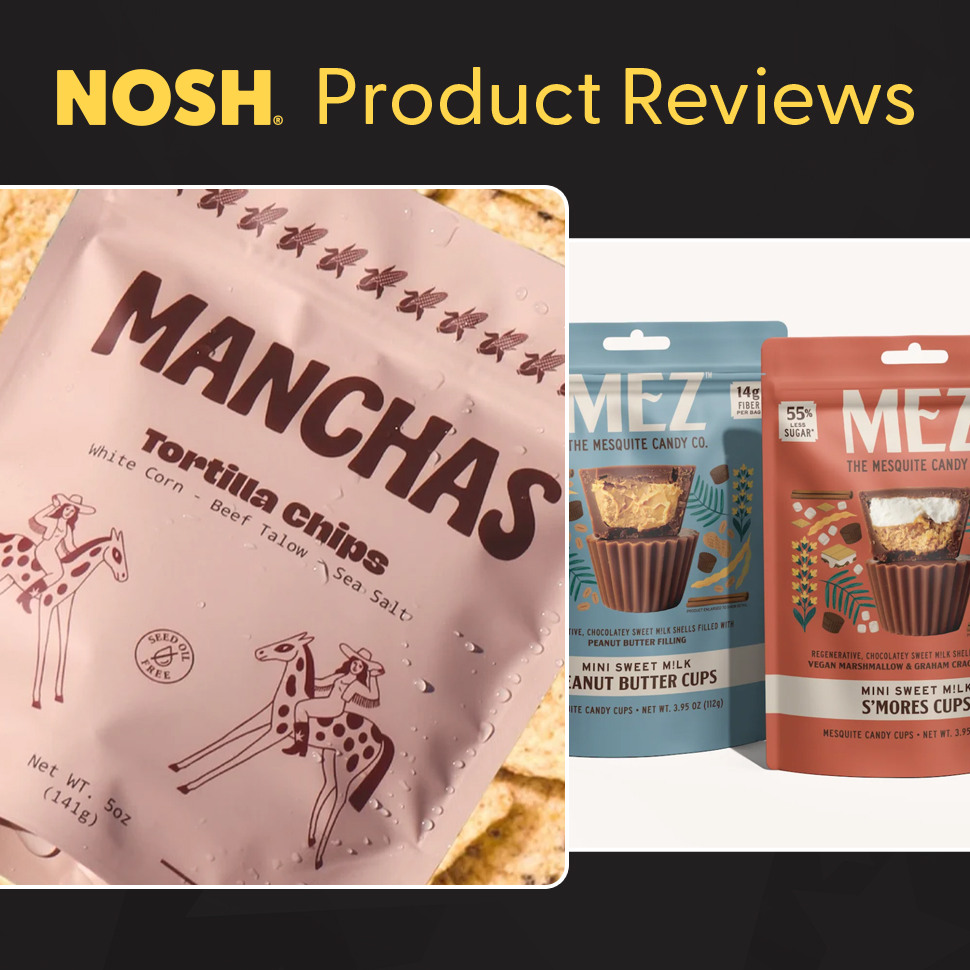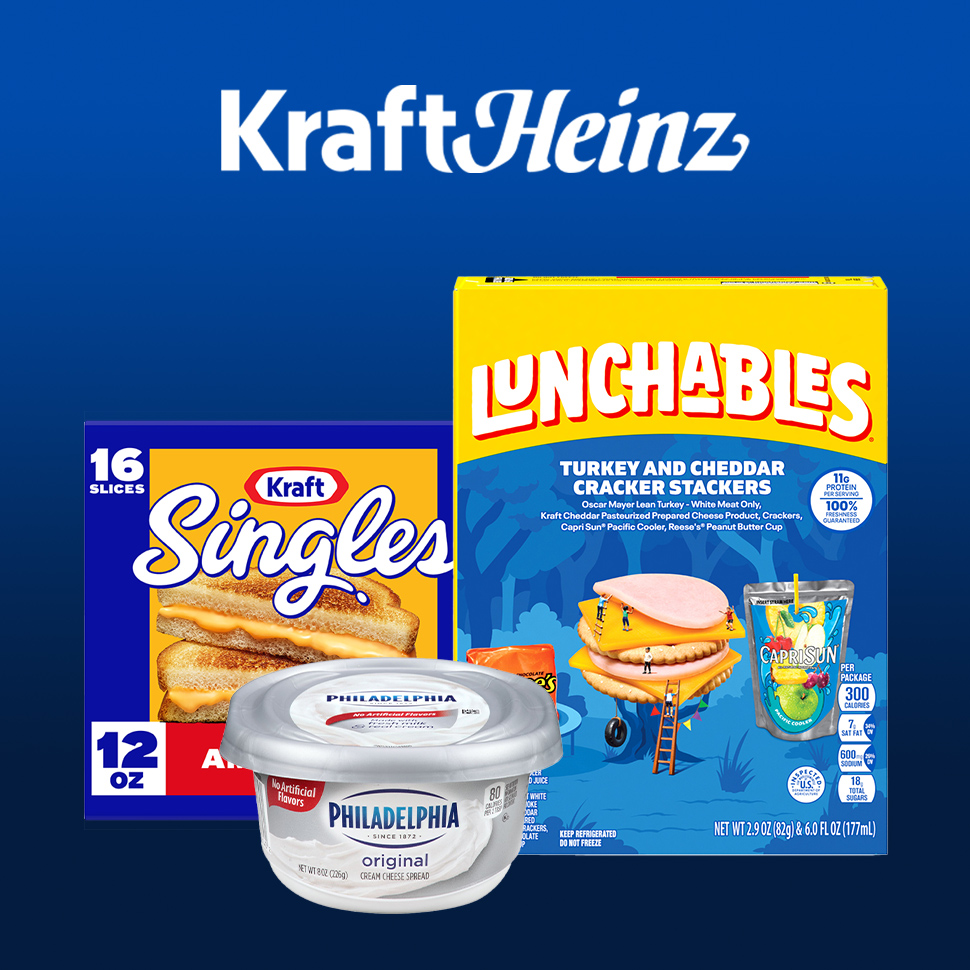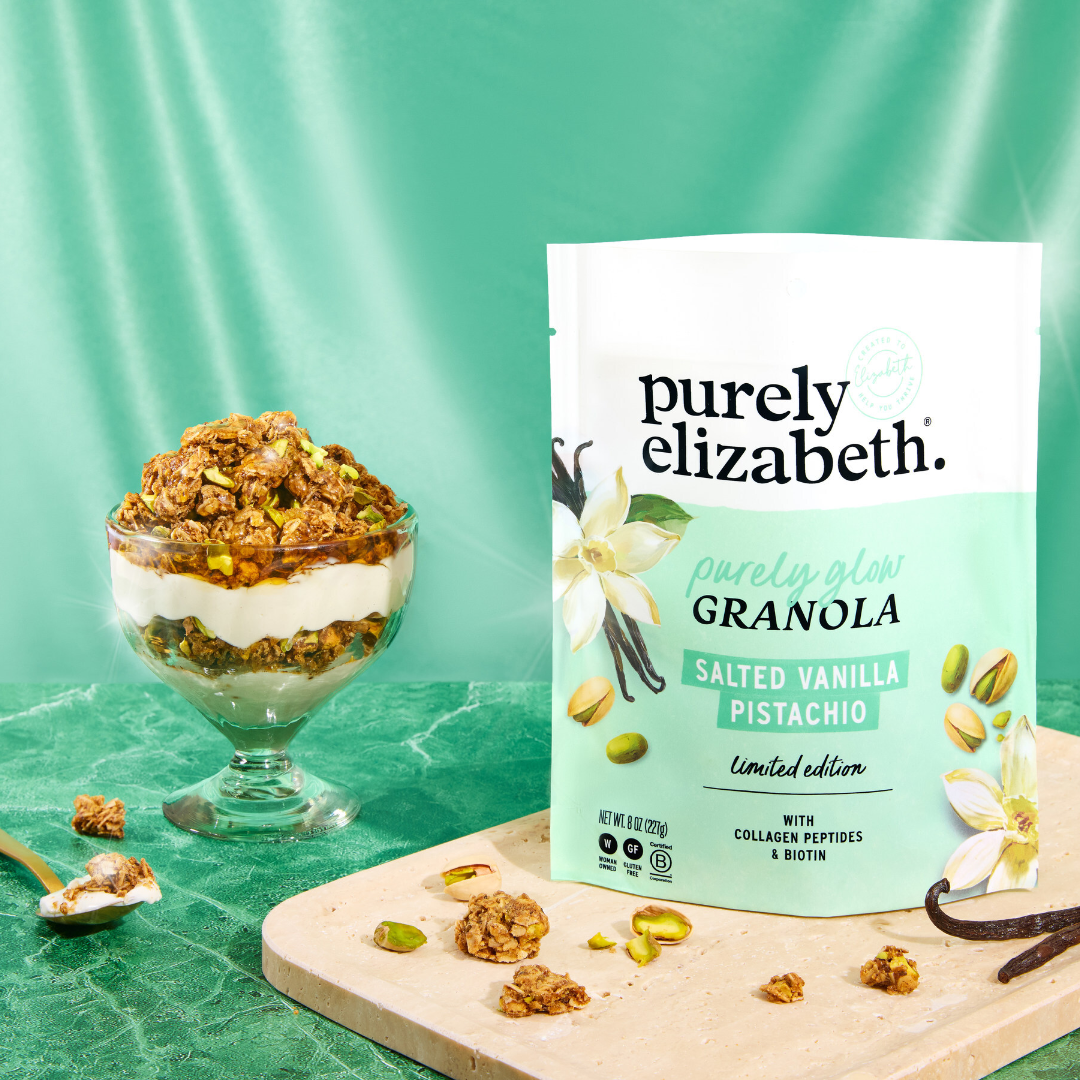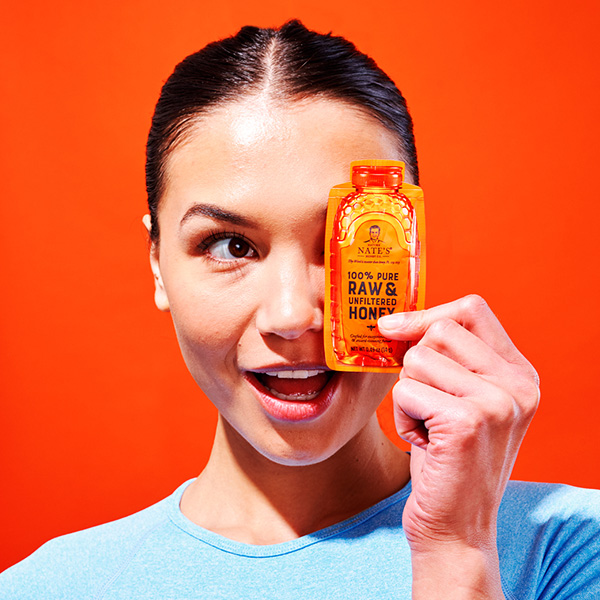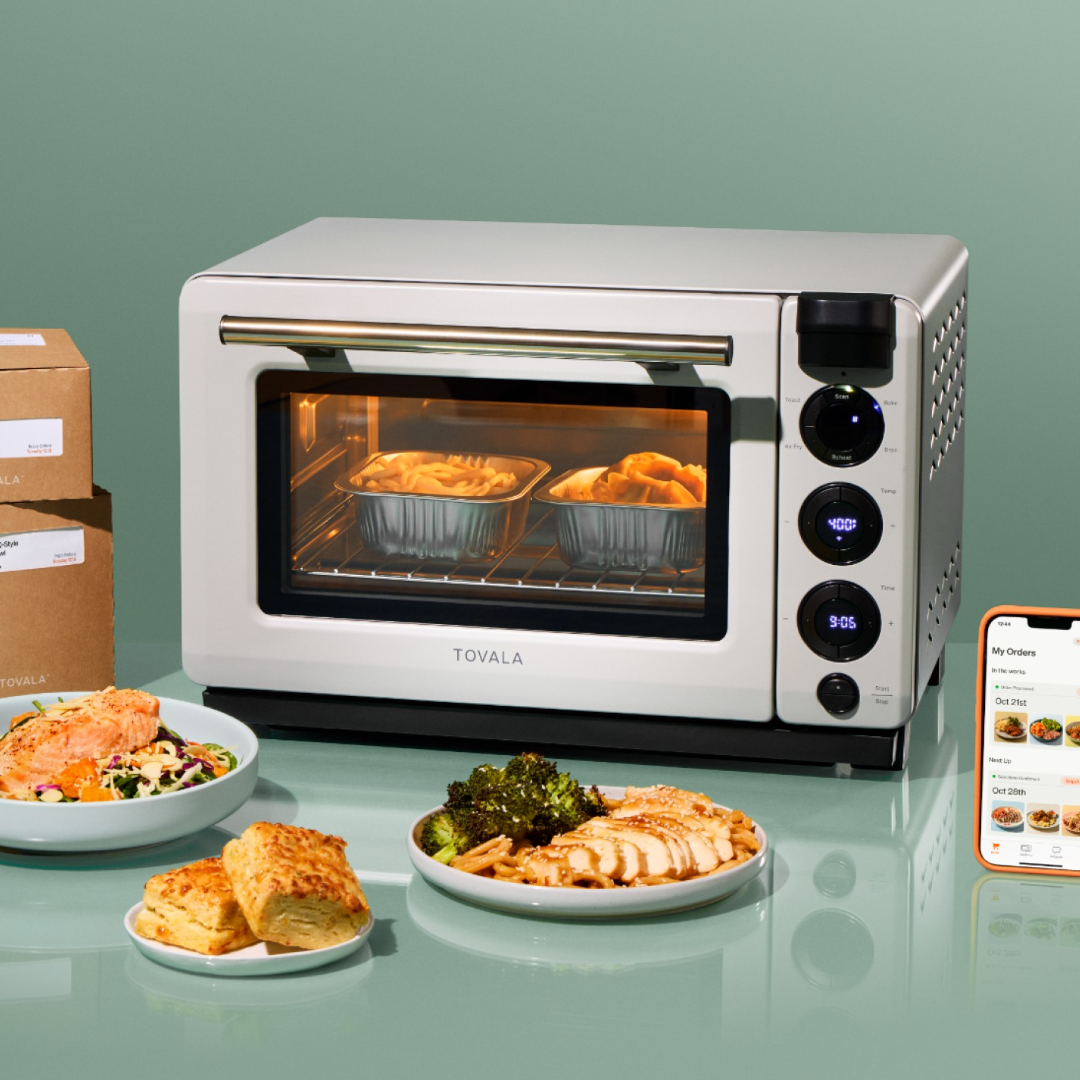Award-Winning MIGHTYLICIOUS Gluten Free Celebrates National Celiac Awareness Month in May by Giving Back with Donations & Giveaways
Today, more than 1.3 million Americans follow a gluten-free (GF) diet, often due to celiac disease, a condition where the consumption of gluten can damage the small intestine.
May has been officially designated National Celiac Awareness Month, a time to increase awareness and support for those living with celiac disease and gluten intolerance.
The folks at MIGHTYLICIOUS Gluten Free, makers of award-winning certified gluten free cookies and gluten free Flour Mixes, is celebrating with month-long discounts (Promo code CELIAC15), giveaways on Instagram, and a donation of 10% of sales to Celiac.com.
Mightylicious founder Carolyn Haeler was diagnosed with Celiac disease, and when she couldn’t find a decent tasting Gluten-free cookie, she gave up her job in finance and started MIGHTYLICIOUS. Today her company offers seven gluten free varieties including vegan and vegetarian cookies, as well as three gluten-free flour mixes (the brownie mix sells out quickly), all certified gluten-free and kosher, as well as non-GMO. Made with clean ingredients, MIGHTYLICIOUS is available at nationwide retailers including WALMART.
Says Haeler, “After suffering with celiac disease, I wanted to help others learn to eat gluten free without sacrificing taste and texture. For those diagnosed with gluten intolerance or celiac disease, adhering to a gluten-free diet is essential. When done correctly, a gluten-free diet can be a lifesaver, but it's easy to make mistakes due to the restrictive nature of the diet, which eliminates wheat, rye, barley, and along with foods that may have come into contact with those grains.
Here are some of the most common mistakes made by individuals following a gluten-free diet.”
Common Mistakes People Make on a Gluten-Free Diet
- Relying Too Much on Processed Gluten-Free Foods: While gluten-free packaged foods can be convenient, they often contain unhealthy amounts of sugar, fat, and additives, which can lead to nutrient imbalances.
- Nutrient Deficiencies: Many gluten-free foods lack important nutrients, such as fiber, iron, and B vitamins, which are commonly found in gluten-containing grains. It's important to carefully plan meals to ensure you're getting a balanced diet.
- Not Reading Labels Closely: Many foods that appear gluten-free may still contain trace amounts of gluten or be made in facilities that process gluten-containing products. Reading labels carefully is crucial to avoid hidden sources of gluten.
- Cross-Contamination: Even a tiny amount of gluten can trigger symptoms in those with celiac disease. It's important to be vigilant about cross-contamination in kitchens, especially when using shared equipment and surfaces.
- Medications and Supplements Containing Gluten: Gluten isn't just found in food—medications and dietary supplements may also contain gluten. Always check with your healthcare provider to ensure your medications are gluten-free.
- Being Too Trusting at Restaurants: Dining out can be tricky. Always confirm that restaurants are well-versed in how to prepare gluten-free meals to avoid cross-contact with gluten-containing foods.
- Following a Gluten-Free Diet Without a Medical Need: Some people follow a gluten-free diet without being diagnosed with celiac disease or gluten intolerance, believing it’s a healthier option. However, this diet is only beneficial for those with specific medical conditions.
Simple Fixes for a Healthy Gluten-Free Diet
If you have celiac disease or gluten intolerance, maintaining a gluten-free diet doesn’t have to be overwhelming. To ensure success:
- Focus on Whole Foods: Emphasize fresh fruits, vegetables, lean proteins, and gluten-free grains such as quinoa, rice, and oats.
- Read Labels Thoroughly: Always check ingredient lists for hidden sources of gluten and verify cross-contamination warnings.
- Consult with a Nutritionist: A healthcare professional or dietitian can help guide you toward nutrient-rich foods and ensure you're meeting all your dietary needs.
Talk to Your Doctor Before Making Dietary Changes
If you’ve not been diagnosed with celiac disease or gluten intolerance but are considering a gluten-free diet, it’s essential to talk to your doctor. A healthcare provider can help you understand whether a gluten-free diet will benefit your health or if a more balanced, regular diet would be a better option.
About MIGHTYLICIOUS
Mightylicious cookies are handcrafted with care, made without gluten, wheat, rye, barley, or RBST. They are available in seven varieties: Vegan: New Double Dutch Chocolate Chip and Oatmeal Raisin Vegan, Chocolate Chip and Grandma Arline’s Oatmeal Coconut. Also available are Brown Butter Chocolate Chip and Brown Butter Shortbread (both dairy), and Salted Peanut Butter (grain and dairy-free).
All ingredients are natural and non-GMO, so every bite is packed with flavor, perfect texture, and wholesome ingredients. (6.5 oz bags, MSRP: $7.99).
New to the market is MIGHTYLICIOUS’s three Gluten Free Flour Mixes- vegan and vegetarian all-purpose flours and brownie mix. All MIGHTYLICIOUS products are certified gluten-free, kosher, and non-GMO.
Find Mightylicious online and at major retailers, including Walmart, Whole Foods, Costco, King’s, Price Chopper, Ralph’s, and more.
Follow Mightylicious Instagram: @mightyliciousfoods Facebook: Mightylicious Foods TikTok: @mightyliciousfoods
About National Celiac Awareness Month:
National Celiac Awareness Month aims to raise awareness of celiac disease, promote better understanding, and encourage early detection and diagnosis. Educating the public on the importance of recognizing the signs of Celiac disease and supporting those who need to follow a gluten-free diet is a vital part of the campaign.
For More Information:
Learn More
Stay Informed, Stay Competitive
Unlock the articles, expert interviews, and data reports that power the food and beverage industry. Join our community and stay ahead with exclusive insights from BevNET and Nosh.
